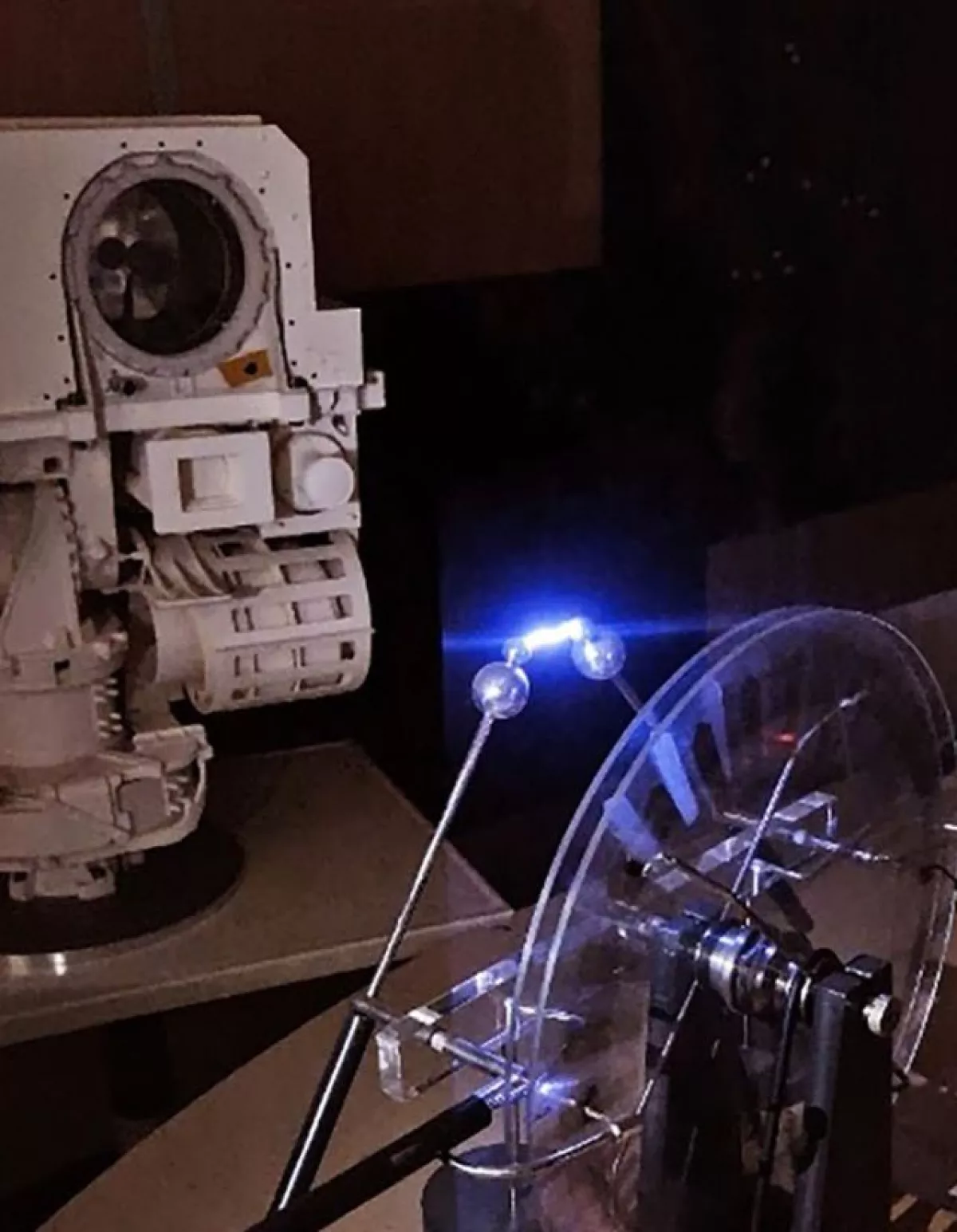Lightning confirmed on Mars in first-ever sound recordings Video
A lonely NASA rover has finally answered a long-standing question: yes, lightning crackles on Mars. And now we’ve heard it.
In a new study published in Nature, scientists share the first direct detection of electrical discharges on Mars, captured by NASA’s Perseverance rover. Using 28 hours of audio from the rover’s SuperCam microphone, the team identified 55 electrical events over two Martian years, including seven complete lightning signatures, ScienceAlert writes.
The microphone first picked up a sudden electronic “blip” — electromagnetic interference caused by a discharge — followed by an 8-millisecond ringdown. Six of the seven full events ended with the acoustic pop of a miniature thunderclap, created when the discharge rapidly heated and expanded nearby air.
To confirm the source, researchers reproduced the signals using a SuperCam replica on Earth, validating that the Mars recordings reflected real electrical discharges.
The findings show that dust alone isn’t enough to trigger lightning in Mars’s thin, dry, CO₂-dominated atmosphere. Instead, wind strength was the key: 54 of the 55 events occurred during the top 30% strongest winds recorded by Perseverance, often at the leading edges of dust storms. Sixteen discharges occurred during encounters with dust devils.

Most Martian sparks were tiny, 0.1 to 150 nanojoules, except for one 40-millijoule event likely caused by the rover itself discharging into the ground. For comparison, a typical lightning bolt on Earth releases about a billion joules.
Though vastly weaker than Earth lightning, the discovery is scientifically significant. It has implications for future spacecraft design, atmospheric chemistry models, and even astrobiology, since some theories of life’s origins on Earth involve lightning-driven reactions.
“This study opens a notable field of investigation for the atmosphere of Mars… and motivates the development of new atmospheric models to account for electrical phenomena and their consequences in the Martian atmosphere,” the researchers led by Baptiste Chide write.
By Sabina Mammadli








